High pressure capillary rheometer
Capabilities of our high pressure capillary rheometer:
The high-pressure capillary rheometer system according to ISO 11443 is versatile and allows the characterisation of thermoplastics in terms of their flow behaviour and viscosity.
- Viscosity measurements: The rheometer can make viscosity measurements over a wide range of shear rates. It allows the measurement of differences between viscosity, extensional viscosity and normal stress. It should be noted that systematic deviations may occur in tests with high-pressure capillary rheometers. However, these apparent data can be converted into the actual material properties by various corrections, such as Bagley, dissipation, Mooney and Weißenberg-Rabinowitsch. The choice of the appropriate correction method depends on the specific application.
- PVT behaviour: The capillary rheometer determines thermodynamic properties, in particular the specific volume of the polymer as a function of temperature and pressure. This is possible as isobaric according to ISO 17744 or isothermal PVT measurements (pressure-volume-temperature measurements).
- Temperature range: The system can reach temperatures of up to 500°C.
- Thermal conductivity measurement: The high-pressure capillary rheometer also allows the measurement of the thermal conductivity of melts according to ASTM D5930.
- Important for injection moulding simulation: The data obtained is particularly important for the simulation of the injection moulding process / material data digitisation and is offered as a single measurement or complete material card for all common simulation programs.


